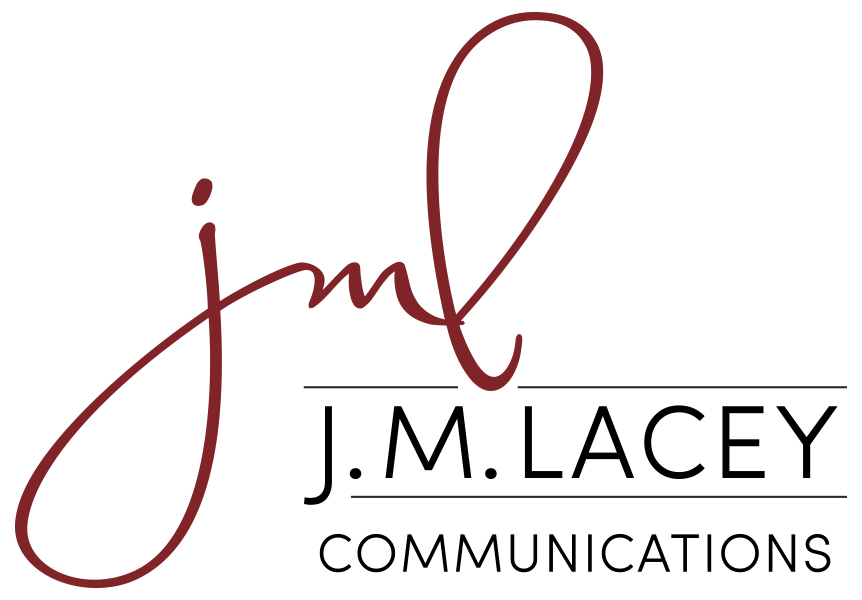When you hear the word “interview,” do you suddenly grow tense?
After a subpar interview, a person can become defensive if he/she is asked for an interview at another time. Or one has never had an interview, so he/she may worry about the “right” things to say or how he will come across.
But in business, we are usually faced with the task more than most realize. We are the ones being interviewed, we are interviewing others, or we are interviewing ourselves. We might have to write an article for the company newsletter; perhaps we have to put together a report for our current project to present to management; we might be interviewing candidates for a job; or we might need to understand various aspects of team’s roles.
Whatever the case, “interview” does not always leave one with a positive outlook.
Below are some tips on conducting a quality interview with others. Or, if you need to focus on yourself for an upcoming article or report you are producing, the questions outlined will be useful for you. (While the core of this article is for internal interviews, the tips can apply to external interviews).
Getting people to open up
Not everyone has a background in journalism, and understanding how to ask the right questions or know the path on which you wish to guide an interview, takes a lot of practice.
In my line of work, I often have the task of interviewing others for a client project. My many years of interviewing have taught me something important to having a successful interview: make the interviewee feel at ease. The more comfortable the interviewee is with me, the more he will open up and share thoughts I might not have known existed otherwise.
There are methods to achieving this. Establishing a rapport is helpful. Sharing something in common is another way to bridge the gap. And yes, the weather discussion can be an icebreaker.
The next step is solidifying trust. This doesn’t come easy, especially with strangers. I have to quickly establish trust with my interviewees so they will feel free to tell me what I need to know. In a business setting, this isn’t too difficult. I work for the client and the people I interview are either employees or customers. The aim is a positive one.
And finally, asking the right questions and knowing how to ask the secondary questions, is the biggest key to getting the information you need.
How to gain trust
1. Time and schedule
Whenever I begin a scheduled interview, I always ask if it’s still a good time. I reiterate with the interviewee how long the interview will last, and then I stick to it. I once had an interview with a cellist and I when I reminded her I needed 15 minutes of her time, she replied: “You have 10.” I asked my questions and finalized the conversation all within 10 minutes.
None of us appreciate broken promises. Some become fidgety and annoyed if they are promised a 30-minute chat, and the conversation begins to extend well beyond that.
Establish the time you need with the one being interviewed. If the person has allotted you 10 minutes, don’t go a minute past. And if you’ve scheduled an in-person or over the phone interview for a specific time, don’t be late.
2. Asking the right questions
Next, have your questions in line from most important, to the least important. This way if your interview creeps close to the time you’ve promised you will stick to, you know what questions to either cut out or you can email later.
Do cover the who, what, where, when, why and how. At least six of your questions begin with each of these questions. Who is involved? What is this about? Where and when did the event take place? Why is this important? How was it accomplished? To have a thorough story or interview, you need the background.
Then have specific questions related to the person you are interviewing, or the purpose of the interview. You have to consider whether the result of the interview is for internal or external purposes. In other words, who is your audience? If it’s for internal purposes, not everything will need to be explained. But for external means, some pieces will need deeper explanation.
The secondary questions can be fun because they go beyond what is expected. The typical questions can often be answered using other sources. The secondary questions require a different perspective given by the one you’re interviewing.
Some questions might be:
“Explain what you mean by…”
“How did that make you feel?”
“If the decision is to do X, what will be the outcome?”
“What will this mean for you? For the team?”
Some secondary questions can be planned, but sometimes they stem from the interview. Depending on what the interviewee says, it might steer the conversation in a different direction temporarily. And when that happens, you know the interview process is relaxed.
With practice, and deeper subject knowledge, you can also be in a position to ask questions others might not think of. Many interviewees try to be prepared for the obvious questions, but it’s the ones they hadn’t thought of that makes them pause, and that should be your aim. Viewpoint questions are excellent for this area. “What do you hope…”; “How can others benefit…”; “What challenges have you had to overcome…”; “What went through your mind when…”
You get the idea.
3. Wrapping up
When I’m ready to wrap up an interview, I always ask: “Is there anything else you’d like to share, perhaps something I didn’t ask?” Inevitably I receive casual, even off-the-cuff responses that become a jewel within the final piece or article.
When you wrap up, always thank the person for his/her time. In my case, often I will tell the person that I will email or call him/her with any further questions and I always invite him to email or call me if he realizes he forgot to mention something or would like to add to his comments.
For client interviews, depending on the situation, I often will end the conversation with verifying the title and department and basics about the person in case a follow up email is not answered in a timely manner. Because I usually have this information upfront, I simply establish that what I have is correct.
Putting it together
Depending on your aim, it’s a good idea to consider why people should care about what you are writing. What is the value to the interviewee, the company, or your audience? If you’re writing an article for the company newsletter, for example, the reason why people – your co-workers and management – should care about your story needs to be at the top of your mind. You might care about your subject, but how does it benefit them?
If you are tasked with having to write the next article for the company newsletter, before you have your interview, consider:
What are some key elements you need to focus on?
What questions should you ask?
How should you go about pulling together your story?
The interview process takes a lot of time to learn and much trial and error to be comfortable with how to do it. Years ago when I first began working as a journalist, I followed up on a tip. I called the company and the first thing I uttered was: “I heard a rumor…” His reply? “We don’t respond to rumors. Do you have anything else? If not, this call is over.”
Since then, I’ve learned not to use the word, “rumor,” but more important, I understand proven (or written) facts are an ally, as are the questions needed to reach the heart of the subject. Fortunately, most of my interviews today are not related to hard-news journalism.
To have a good interview, you must know your aim, understand your focus, consider your goal to add value, how it will benefit others, and help the interviewee to be at ease and to trust you for the next interview.
What to avoid and final tips
Don’t do interviews via email, especially the initial interview. Unless you know the person well, avoid this method altogether. You cannot verify if the person sending you his/her responses is the one you think it is.
Don’t break the silence. Silence is your friend. I learned early on that the more I was silent, the more the interviewee talked. Silence is uncomfortable for them, but a treasure trove of information for the interviewer. When you ask a question, don’t interrupt. If there is a moment of silence, let it ride and allow the interviewee to be the first to speak.
Do your research. Many basics can be covered about the person you are interviewing and the subject matter before you do the interview. The worst thing you can do is waste time asking questions that you can easily find on the company website or Google. Verifying information is okay, but spend your interview time asking the questions you can’t find on the Internet.

Want an easy guide to help your writers with the interview process?
Download the template: “Questionnaire template to help internal writers”


Recent Comments